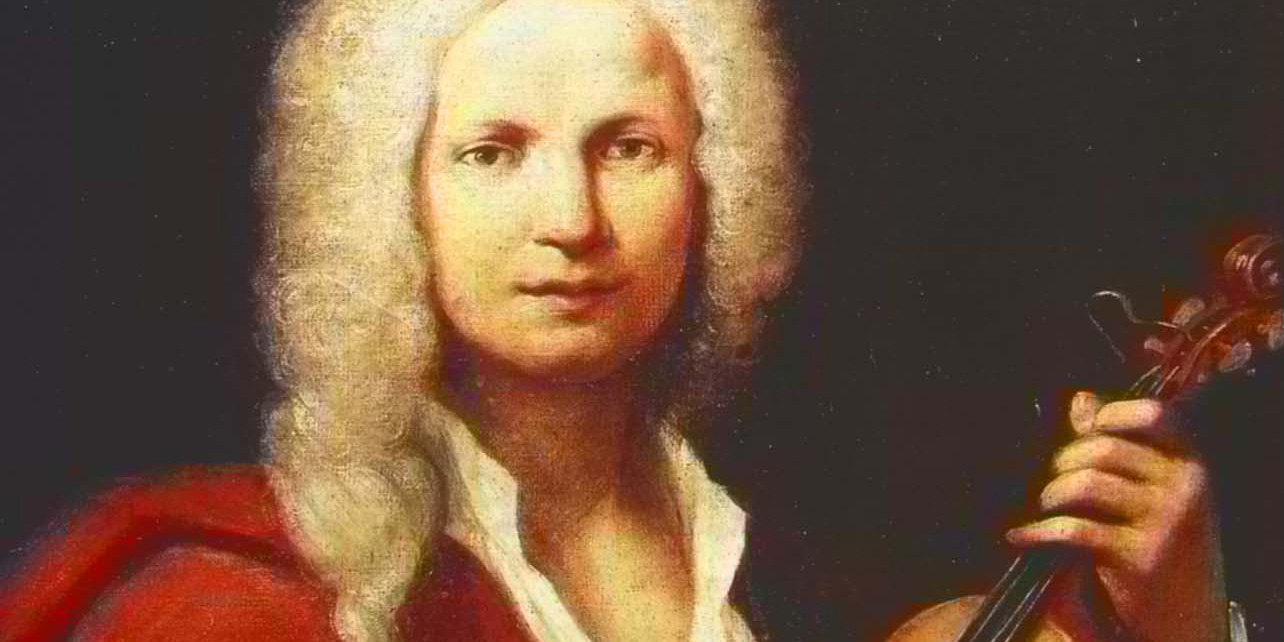Antonio Vivaldi, renowned as one of the greatest composers of the Baroque period, left an indelible mark on the world of classical music. Born on March 4, 1678, in Venice, Italy, Vivaldi displayed an early affinity for music. His father, Giovanni Battista Vivaldi, was a skilled violinist at the San Marco Basilica and recognized his son’s talent at a young age. Under his father’s guidance, Antonio began studying the violin, mastering the instrument with remarkable speed.
At the age of fifteen, Vivaldi began studying for the priesthood, a path that would significantly influence his music and career. Despite his dedication to religious studies, his true passion remained in music. Ordained as a priest in 1703, Vivaldi soon gained recognition for his musical prowess, earning the nickname “The Red Priest” due to his distinctive red hair and clerical vocation.
Vivaldi’s musical career flourished in Venice, where he served as a violin teacher at the Ospedale della Pietà, an orphanage for girls known for its exceptional musical program. His role at the Pietà provided him with a platform to showcase his compositions and solidify his reputation as a skilled composer. Vivaldi’s compositions encompassed a wide range of musical forms, including operas, concertos, sonatas, and sacred choral works.
Among his most famous compositions are his concertos for violin, which revolutionized the genre. His collection of violin concertos known as “The Four Seasons” remains one of the most beloved and frequently performed works in the classical repertoire. Each concerto vividly depicts scenes from nature, capturing the essence of spring, summer, autumn, and winter through evocative melodies and innovative techniques.
Vivaldi’s influence extended far beyond his native Venice. His travels took him across Europe, where he performed for royalty and aristocrats, further enhancing his reputation as a virtuoso violinist and composer. His music became immensely popular, captivating audiences with its expressive melodies, rhythmic vitality, and inventive use of form and structure.
Despite his success, Vivaldi faced financial difficulties throughout his life. He struggled to secure permanent patronage and often relied on commissions and performance fees to support himself. In 1740, Vivaldi’s fortunes took a downturn, and he died in poverty in Vienna on July 28, 1741. His music, however, endured, leaving an enduring legacy that continues to inspire and enchant audiences worldwide.
Antonio Vivaldi’s contributions to the world of classical music are immeasurable. His innovative compositions, technical virtuosity, and profound emotional depth have earned him a place among the greatest composers in history. From the soaring melodies of his concertos to the poignant beauty of his sacred works, Vivaldi’s music remains as vibrant and relevant today as it was during his lifetime.


Comments are closed